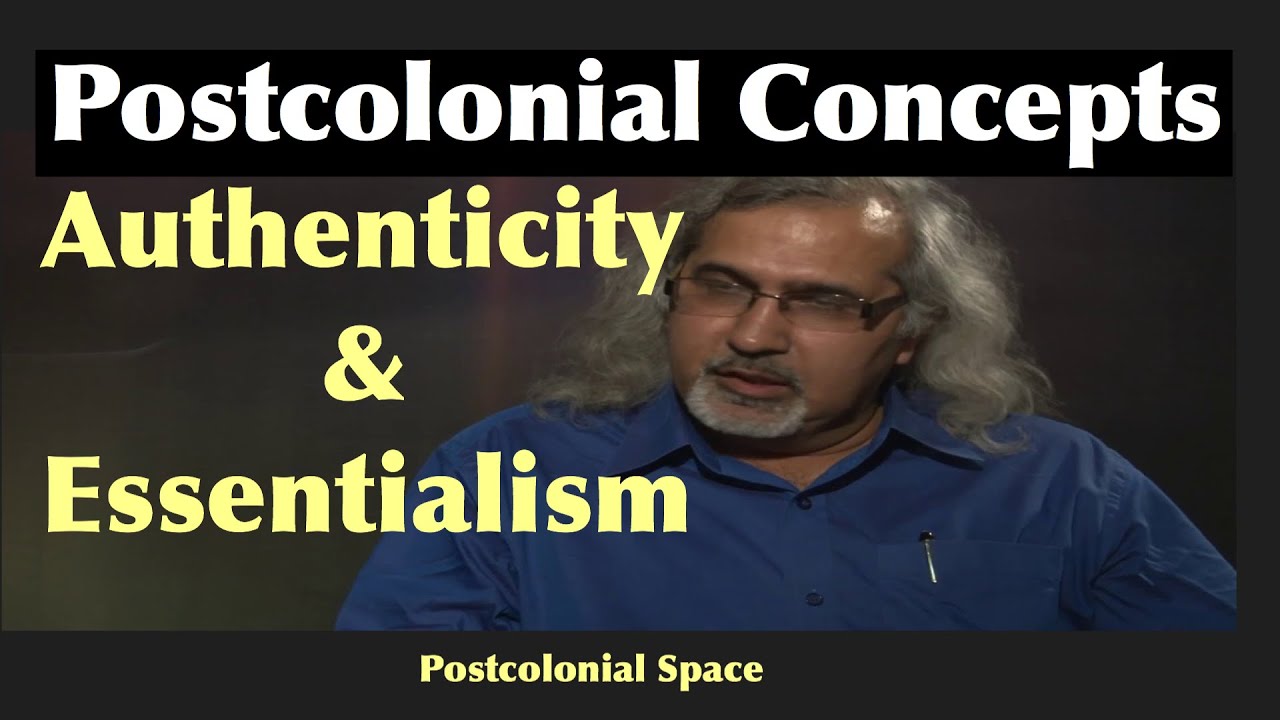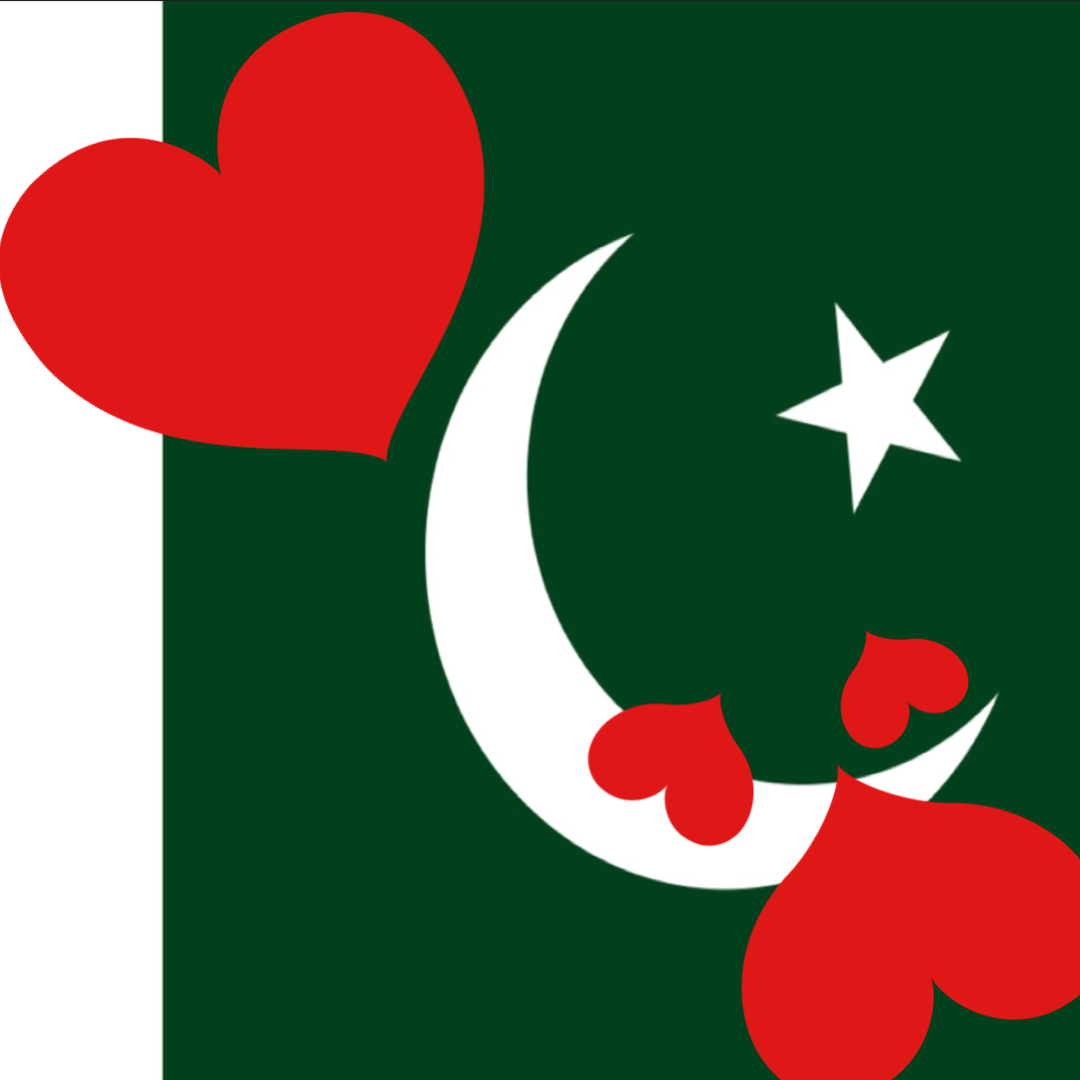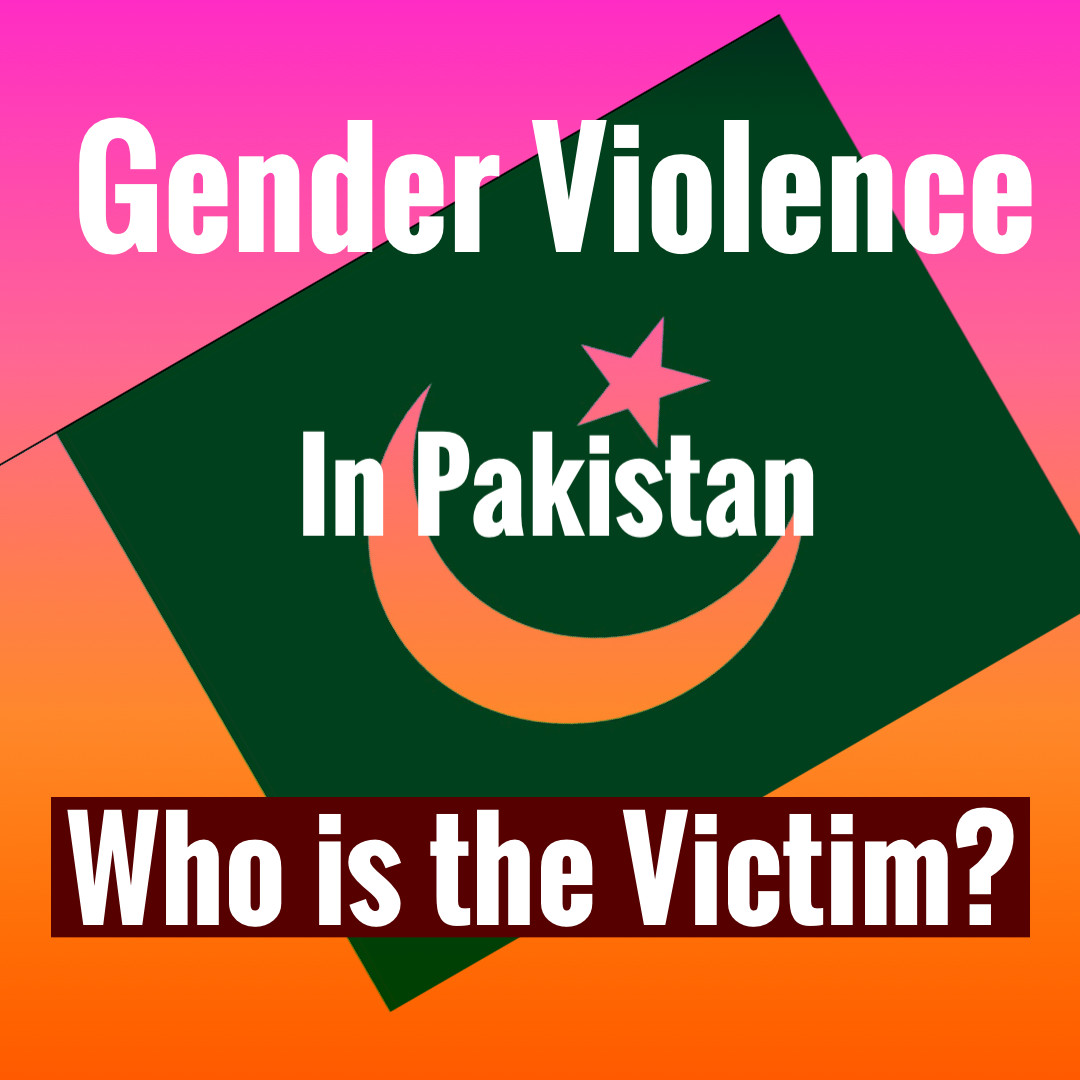Introduction
What is being liberal? If you just do a cursory survey of how liberals or liberalism is seen by conservatives in the United States and in Pakistan, a few things stand out in these misrepresentations of liberals and liberalism.
According to pretty much all conservative pundits, twitter stars, and even scholars, liberalism is seen as a weak, misguided, and often ineffectual human enterprise and if you go by American conservative media, most liberals are also considered “unpatriotic,” “weak,” and, it is also asserted, that liberals may also have a “herd mentality.” Overall, generally speaking liberalism and liberals are also often seen or represented as naive, unfocused, pretentious, and too far removed from exigencies of everyday life.
What is Being Liberal?
To me, being liberal requires a strong and stable individual identity. Thus, it can be stated as a fact that anyone inhabiting a liberal position will be tolerant of differences, will tend to be more egalitarian, less sexist, and is also most likely to care about the collective good of humans as well as the planet. It is no surprise, then, that most liberals, in one way or the other, fight for human rights, equality, even distribution of global resources, and also understand and confront racism, sexism, and all the other practices that might posit one group of humans as inferior to others. Conversely, Conservatism, in my opinion, is either spawned by a precarious individual identity or a deep fear of the new and unknown. I make this claim not only on my gut feeling but because of a thorough understanding of research, both psychological and scientific, on the theories of selfhood.
Identity and Being Liberal
According to Mark Bracher, who relies on scientific research of consciousness and human mind, most of the times we are being intolerant of the others or afraid of differences, it is because our own sense of self is either constricted or precarious and fragile. In order for one to really accept differences and respect all those who are different from us, one must first develop a stable and solid self, as our prejudices are mostly accentuated by a weak sense of self. Thus, to be liberal already presupposes that we have an enhanced and augmented sense of self, a self stable and secure enough to encounter difference without going in to a defensive mode.
Overall, then, while liberalism and a liberal self identity merges out of a more balanced identity, conservatism, especially prejudicial conservatism, arises out of an insecure self. Keep in mind also that we are often given a faulty representation of a secure identity: in the media we often are led to believe that people who speak plainly, loudly, and aggressively are, somehow, tougher than soft-spoken liberals. But deep down the Alex Jones’es and Trunp’s of the world, as research in psychology suggests, are deeply insecure people who must impugh their own insecurities onto others to stabilize their own identities. So, in the end those capable of holding non binary view of reality and those capable of respecting our individual and collective differences, the liberals, actually have more stable and well developed identities.




Leave A Comment